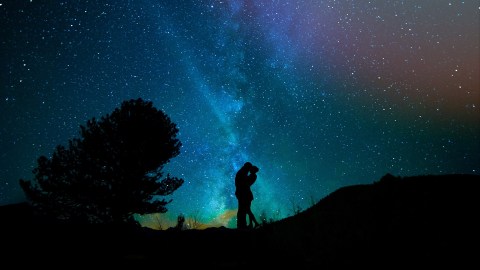Studies Reveal If Humans Can Live Forever

Scientists are waging a battle over how long humans can live. Recent research seemed to put the maximum number at 115 years. But a new study seeks to disprove that and claims that there is no such limit. Can we, theoretically, live forever?
Biologists Bryan G. Hughes and Siegfried Hekimi from McGill University analyzed the lifespans of the longest-living people in the USA, the UK, France and Japan from 1968. This included Susannah Mushatt Jones, the last living American born in the 19th century who made it until 116 years, dying in 2016.
The researchers did not find evidence of a top age limit, but left the possibility open that a limit may exist but has not yet been identified. They certainly don’t think it’s 115. That number may just be a temporary plateau, similar to those recorded in the past, and will generally continue to go up.
“We just don’t know what the age limit might be. In fact, by extending trend lines, we can show that maximum and average lifespans, could continue to increase far into the foreseeable future,” said Hekimi.
He also pointed out that while there could be a limit, it’s also possible there is no limit at all.
“Because we can detect no limit it is possible that indeed there is no limit,” added Hekimi. “Average human life span keeps increasing dramatically and maximum human lifespan seems to follow. I see no statistical or demonstrated biological reason how we would know that this must stop.”
The average life expectancy is going up in many countries, with women still likely to live longer than men. For the first time ever, South Korean women might live as long as 90.8 years on average within the next 15 years – jumping up 5 years from the current 85.8. The life expectancy in the U.S. is not going up quite so robustly, inching up by 2030 from 82.1 years to 82.3 for women and from 77.5 to 79.5 for men. Researchers blame this fact on rising healthcare inequalities and increasing mortality in certain subgroups.
Why is life expectancy going up overall? Scientists point to better medical care, technological advancements and improving living conditions as some of the possible factors. How much more can our lifespan expand? The researchers are not placing bets.
“Three hundred years ago, many people lived short lives,” explains Hekimi. “If we would have told them that one day most might live up to 100, they would said we were crazy.”





